Today, October 18, we celebrate the feast day of Saint Luke (died 74), disciple of Saint Paul, writer of the Gospel and the Acts of the Apostles, and martyr for the Church. Saint Luke is the only Gentile to have written books in the Bible and his writings have been proven to be historically accurate. In his Gospel, Luke emphasizes Christ's compassion for sinners and for all those who suffer. He also records a strong emphasis on the role women played in Christ's ministry.
Little is known about the life of Saint Luke, prior to his joining Saint Paul in his evangelical missions. Virtually all that we know comes from the New Testament, written by his own hand in the Acts of the Apostles, or documented in the epistles of Saint Paul in which he refers to "Luke, the beloved physician." (Colossians 4:14)
Saint Luke was most likely born both Greek and Gentile, and despite being referred to as a physician was more likely a slave. According to the early Church historian Eusebius, Luke was born at Antioch in Syria. It was not uncommon in that time for slaves to be educated in medicine, so that the family who employed them might have a resident doctor. Legend tells us that Saint Luke was highly educated, respected as a writer, poet, and painter. He is said to have painted many portraits of Madonna and Child, although the authenticity of these paintings (still revered across Europe) has been questioned.
In regards to Saint Luke’s heritage, scholars have pointed to several key pieces of information. First, in referring to his traveling companions, Saint Paul speaks of his Jewish “friends” who are circumcised. In this group of Jewish companions, he does not include Luke in this group. Secondly, Saint Luke’s gospel shows special sensitivity to evangelizing Gentiles. It is only in this gospel that we see the parable of the Good Samaritan, that we hear Jesus praising the faith of Gentiles such as the widow of Zarephath and Naaman the Syrian, and that we read about the one grateful leper who is a Samaritan.
We first hear of Saint Luke in the sixteenth chapter of the Acts of the Apostles. In that chapter, he meets Saint Paul at Troas, around the year 51, and subsequently accompanies him on his evangelical mission throughout Europe. Together, they end up at Philippi, “concluding that God had called us to preach the Gospel to them.”
6Paul and his companions traveled throughout the region of Phrygia and Galatia, having been kept by the Holy Spirit from preaching the word in the province of Asia. 7When they came to the border of Mysia, they tried to enter Bithynia, but the Spirit of Jesus would not allow them to. 8So they passed by Mysia and went down to Troas. 9During the night Paul had a vision of a man of Macedonia standing and begging him, "Come over to Macedonia and help us." 10After Paul had seen the vision, we got ready at once to leave for Macedonia, concluding that God had called us to preach the gospel to them.
11From Troas we put out to sea and sailed straight for Samothrace, and the next day on to Neapolis. 12From there we traveled to Philippi, a Roman colony and the leading city of that district of Macedonia. And we stayed there several days. (Acts 16:6-12)
(Prior to Chapter 16, verse 10, the Acts of the Apostles is recounted in a straight-forward third person historical narrative. In verse 10, Saint Luke interjects the personal pronoun “we,” joining the story and accompanying Saint Paul.) Saint Luke was present at the conversion of Lydia and was recognized spirit: “She followed Paul and us, crying out, “These men are servants of the Most High God, who proclaim to you the way of salvation.” (Acts 16:18)
Saint Luke’s time with Saint Paul was not always easy. For example, Luke saw Paul and Silas arrested, dragged before the Roman magistrates, charged with disturbing the city for “being Jews”, beaten with rods, and thrown into prison. Based upon their appearance, Luke and Saint Timothy likely escaped. When Paul departed from Philippi, Luke was left behind, sending financial aid and assistance to Saint Paul in Thessalonica.
Eventually, after separate evangelical missions, Saint Paul and Saint Luke rejoined each other, traveling through Miletus, Tyre, Caesarea, and to Jerusalem. In Rome, when Saint Paul was imprisoned, Saint Luke remained with him. "Epaphras, my fellow prisoner in Christ Jesus, sends greetings to you, and so do Mark, Aristarchus, Demas, and Luke, my fellow workers" (Philemon 24), Saint Paul writes. And after everyone else deserts him in his final imprisonment and sufferings, it is Luke who remains with Paul to the end: "Only Luke is with me." (2 Timothy 4:11)
The reports of Saint Luke's life after Paul's death are conflicting. Some say he preached in Gaul before settling in Greece to write his Gospel. While the details of his death are unknown, the Church bestows upon him the martyr’s crown for the suffering he endured while preaching the Gospel of Jesus Christ.
The writings of Saint Luke
The gospel of Saint Luke, following from his gentle character, focuses on the poor and oppressed, encouraging tenderness and compassion for the less fortunate. This includes the stories of Lazarus and the Rich Man who ignored him, as well as the parable of the Good Samaritan. Similarly, it is only in the gospel of Luke that the beatitude "Blessed are the poor" rather than "Blessed are the poor in spirit" is referenced.
Unlike most Jewish Gospel writings, women have an important place in Luke's gospel. Luke writes about the women who accompanied Jesus, such as Mary Magdalene, Joanna, Susanna, and Martha and Mary and "many other women who used their own resources to help Jesus and his disciples." (Luke, 8:1).
Luke also appears especially devoted to Our Blessed Mother through his writings. He wrote about the birth of Christ from Mary's point of view, and she remains especially important throughout Luke's gospel. It is, for example, only in the gospel of Luke, that the story of Mary's Annunciation, her visit to Elizabeth, the Magnificat, the Presentation at the Temple, and Jesus' remaining in Jerusalem are told. In Luke's gospel, we learn the words spoken by the Archangel Gabriel to Mary at the Annunciation, "Hail Mary, full of grace" and Elizabeth's words to Mary, "Blessed are you and blessed is the fruit of your womb, Jesus."
“The character of Luke may best be seen by the emphases of his Gospel, which has been given a number of subtitles: (1) The Gospel of Mercy: Luke emphasizes Jesus' compassion and patience with the sinners and the suffering. He has a broadminded openness to all, showing concern for Samaritans, lepers, publicans, soldiers, public sinners, unlettered shepherds, the poor. Luke alone records the stories of the sinful woman, the lost sheep and coin, the prodigal son, the good thief. (2) The Gospel of Universal Salvation: Jesus died for all. He is the son of Adam, not just of David, and Gentiles are his friends too. (3) The Gospel of the Poor: "Little people" are prominent—Zechariah and Elizabeth, Mary and Joseph, shepherds, Simeon and the elderly widow, Anna. He is also concerned with what we now call "evangelical poverty." (4) The Gospel of Absolute Renunciation: He stresses the need for total dedication to Christ. (5) The Gospel of Prayer and the Holy Spirit: He shows Jesus at prayer before every important step of his ministry. The Spirit is bringing the Church to its final perfection. (6) The Gospel of Joy: Luke succeeds in portraying the joy of salvation that permeated the primitive Church.” (From AmericanCatholic.org).
Most charming and saintly Physician, you were animated by the heavenly Spirit of love. In faithfully detailing the humanity of Jesus, you also showed his divinity and his genuine compassion for all human beings. Inspire our physicians with your professionalism and with the divine compassion for their patients. Enable them to cure the ills of both body and spirit that afflict so many in our day.
Almighty God, who inspired Your servant Luke the Physician to set forth in the Gospel the love and healing power of Your Son: Graciously continue in Your Church the love and power to heal, to the praise and glory of Your Name, through Jesus Christ, our Lord.
Amen.
Year 2: Day 291 of 365
Prayer Intentions: Patient Endurance.
Requested Intentions: Successful work placement, continued health (A); Grace and healing for a family (P); Healing of a father (M); Academic success for son, employment for husband and brother (B); Freedom from anxiety and panic attacks (R); Health and healing in preparation for surgery (C); Healing of a chronic illness (P); Safety of a family during storms (A); Successful home ownership (P); Healing of a marriage (M); Employment for a husband, blessings for a marriage (E); Successful examinations for a daughter, healing of a relationships (V); Blessing for a family (V); Healing of baby girl M and all children suffering (M); Special intentions (R); Business success, peace, health (E); Conversion and deliverance of those who suffer, increase in vocations (M); Financial security and safe housing (M); For a daughter (K); Conversion of a family, deliverance of the souls in Purgatory (S); Successful marriage (A); Health, safety, grace, success of a building project (A); Successful treatment and recovery from cancer (D); Clear speech for a child (C); Conversion of a family (A); Successful employment (S); For the healing of impaired vision (F); For a couple experiencing difficulties (L); Successful employment after finishing college (M); Mother’s health (A); Financial security, freedom from anxiety (S).







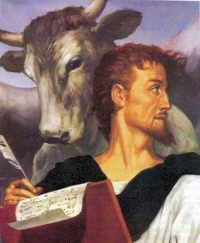

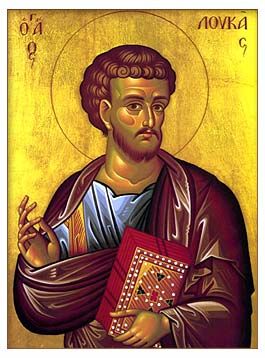
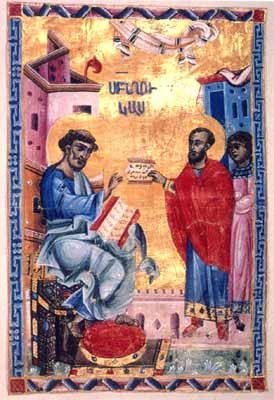


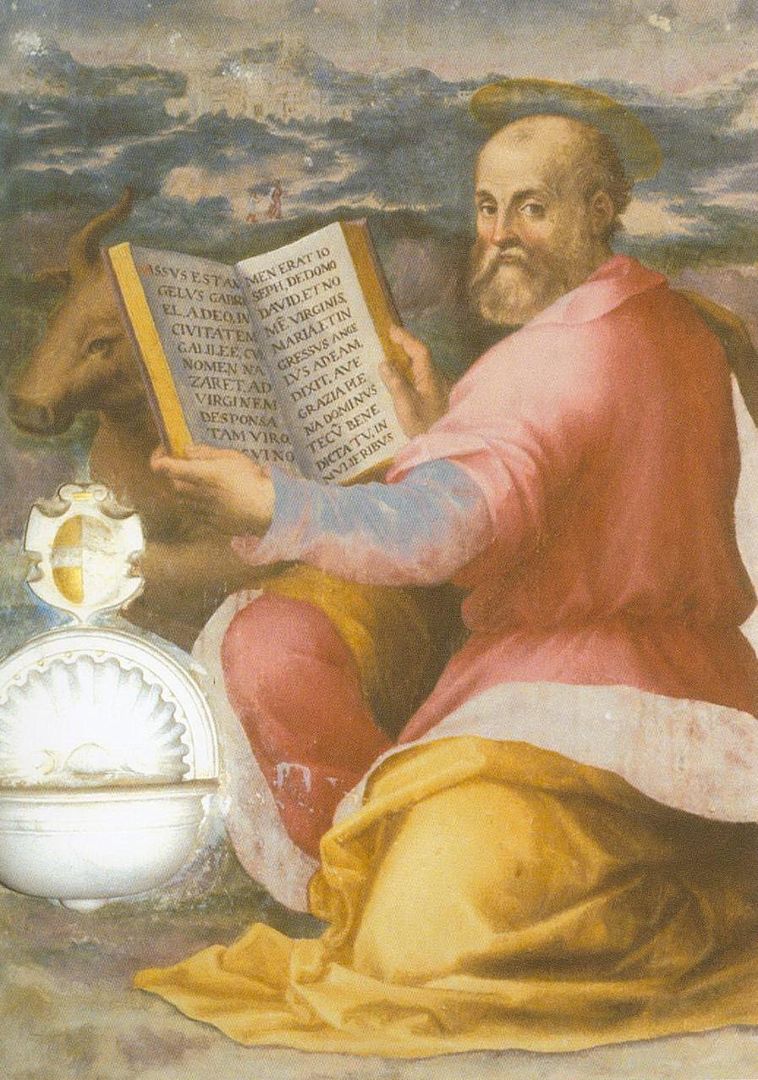

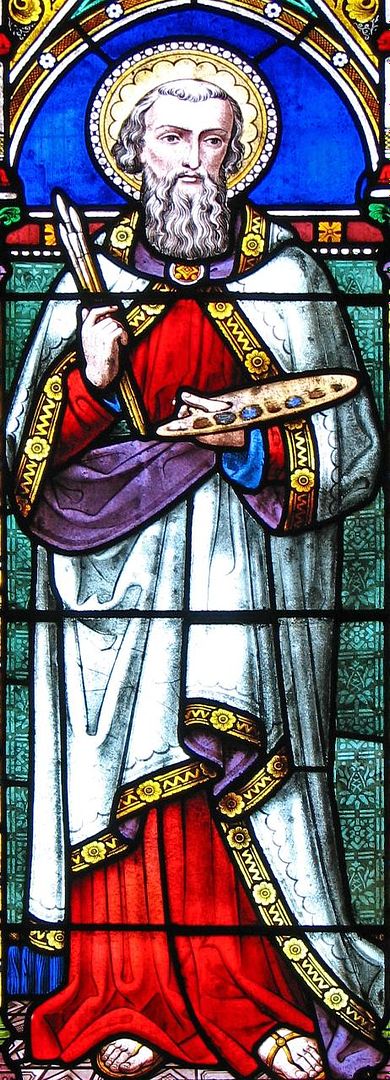
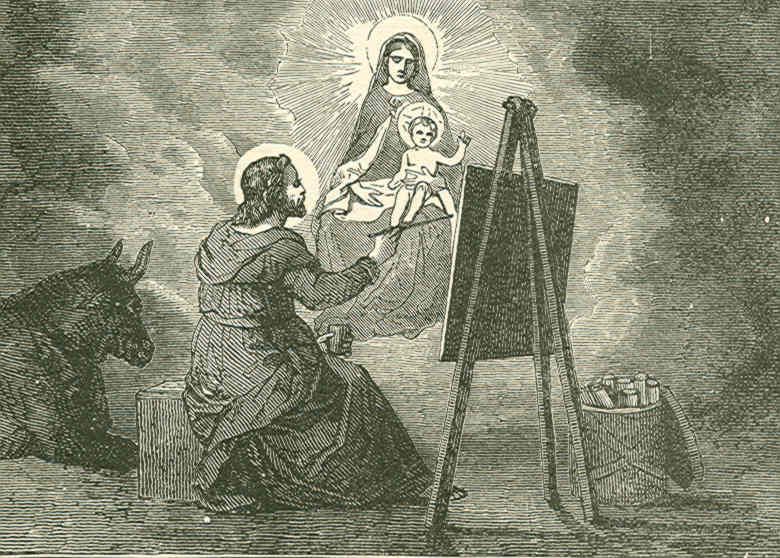
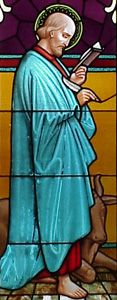
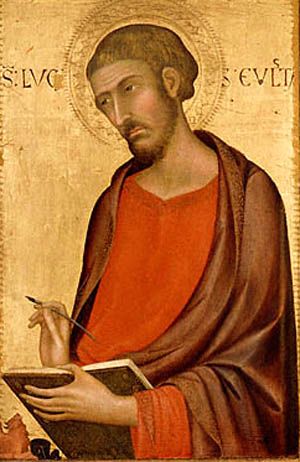
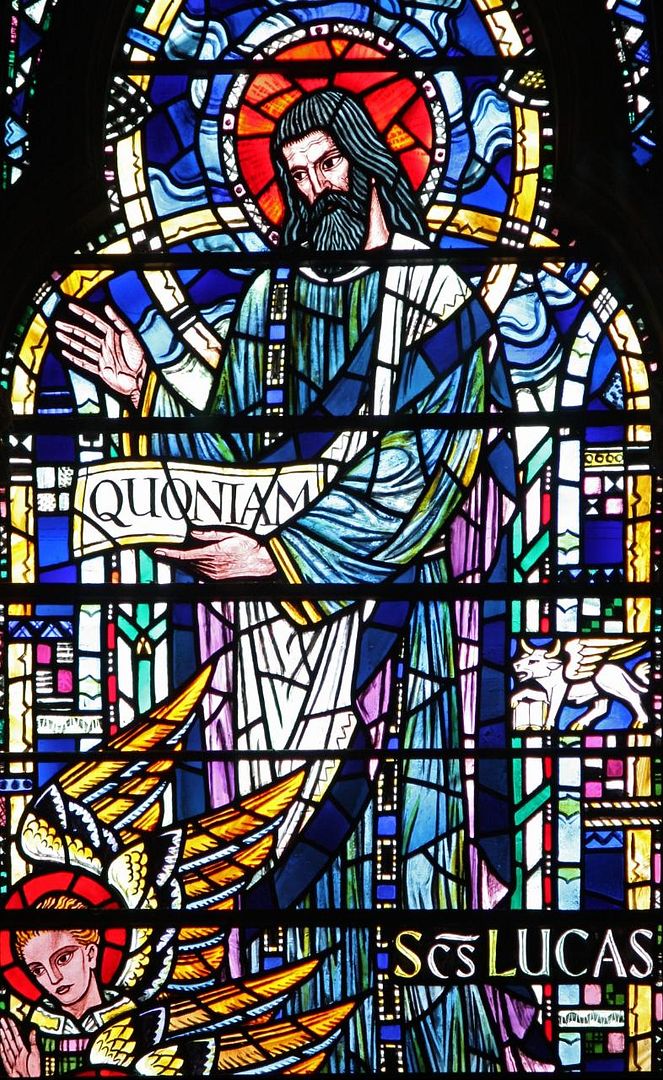
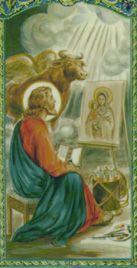
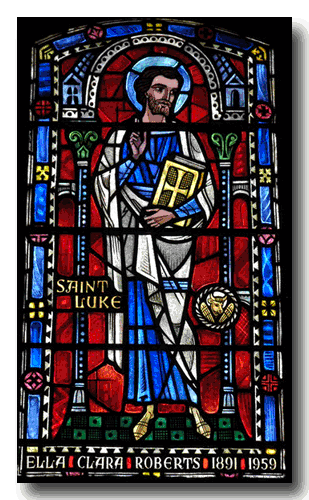
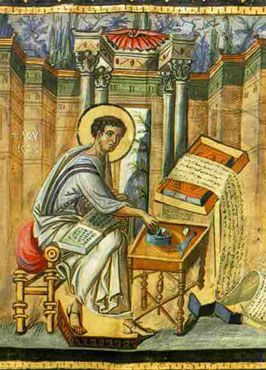
I love the saints. It is obvious you do also. Your blog is by far the best that I have discovered written about them. You present detail that are new to me in many cases and believe me when I say I know a lot about them. Thank you so much. God bless you for your beautiful work. karen